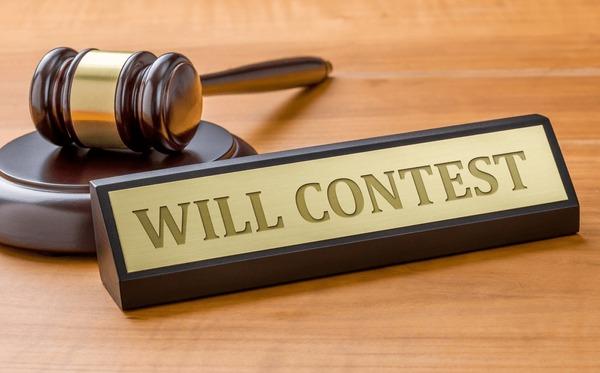
Contesting a will is a legal process that can unfold when someone believes a will does not accurately reflect the deceased person’s true intentions. This situation often evokes strong emotions and raises complex legal questions, particularly for families in the Houston area.
As one of the largest and most diverse cities in the U.S., Houston has a vibrant legal landscape and a bustling probate court system that handles a wide range of estate disputes. The city’s growing population and complex family dynamics often make inheritance matters especially delicate.
Houston’s probate courts see a range of will contests each year, often involving claims that the will is invalid or that certain heirs were unfairly excluded. In these situations, having the best probate litigation attorney in Houston can make a big difference in how the case is handled and resolved.
Complete Invalidation of the Contested Will
If the court determines that the contested will is invalid, it means the will cannot be executed as written. This invalidation can happen for several reasons, including lack of testamentary capacity, undue influence, fraud, or improper execution. When a will is fully invalidated, the estate does not distribute according to that document.
Reversion to a Prior Valid Will
One common outcome when a will is invalidated is that the court will revert to an earlier valid will if one exists. If the deceased had made a previous will that meets legal standards, that will become the governing document for distributing the estate. This means the terms of the earlier will take effect instead of the contested ones.
Intestate Succession
If no prior valid will exists, or if all wills are invalidated, the estate is distributed according to intestate succession laws. These laws provide a default scheme for asset distribution, prioritizing close relatives such as spouses, children, or parents. Intestate succession ensures that the estate passes to heirs even in the absence of a valid will.
Partial Invalidation
Sometimes, only specific provisions of a will are invalidated while the rest of the document remains effective. This can occur if the court finds that particular parts of the will were created under improper circumstances, such as undue influence affecting only a portion of the will. In such cases, the valid sections stand, and the invalidated parts are handled either by intestate succession or by applying terms from a prior will.
Settlement or Mediation
Not all will contest end with a court ruling. The parties involved may settle or resolve the dispute through mediation. This allows them to agree on a distribution plan different from the contested will’s terms. If the court approves the agreement, the estate is distributed according to the settlement, which can save time and reduce conflict.
Takeaway
The possible outcomes of contesting a will range from complete invalidation to partial changes, reversion to earlier wills, or default intestate distribution. Each result depends on the evidence and legal grounds presented.
Understanding these outcomes helps interested parties prepare for what lies ahead in a will contest and highlights the importance of skilled legal guidance throughout the process.